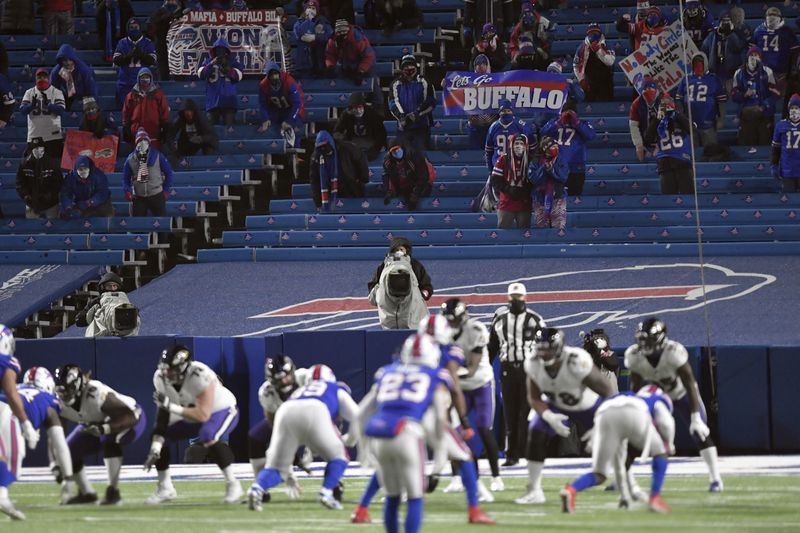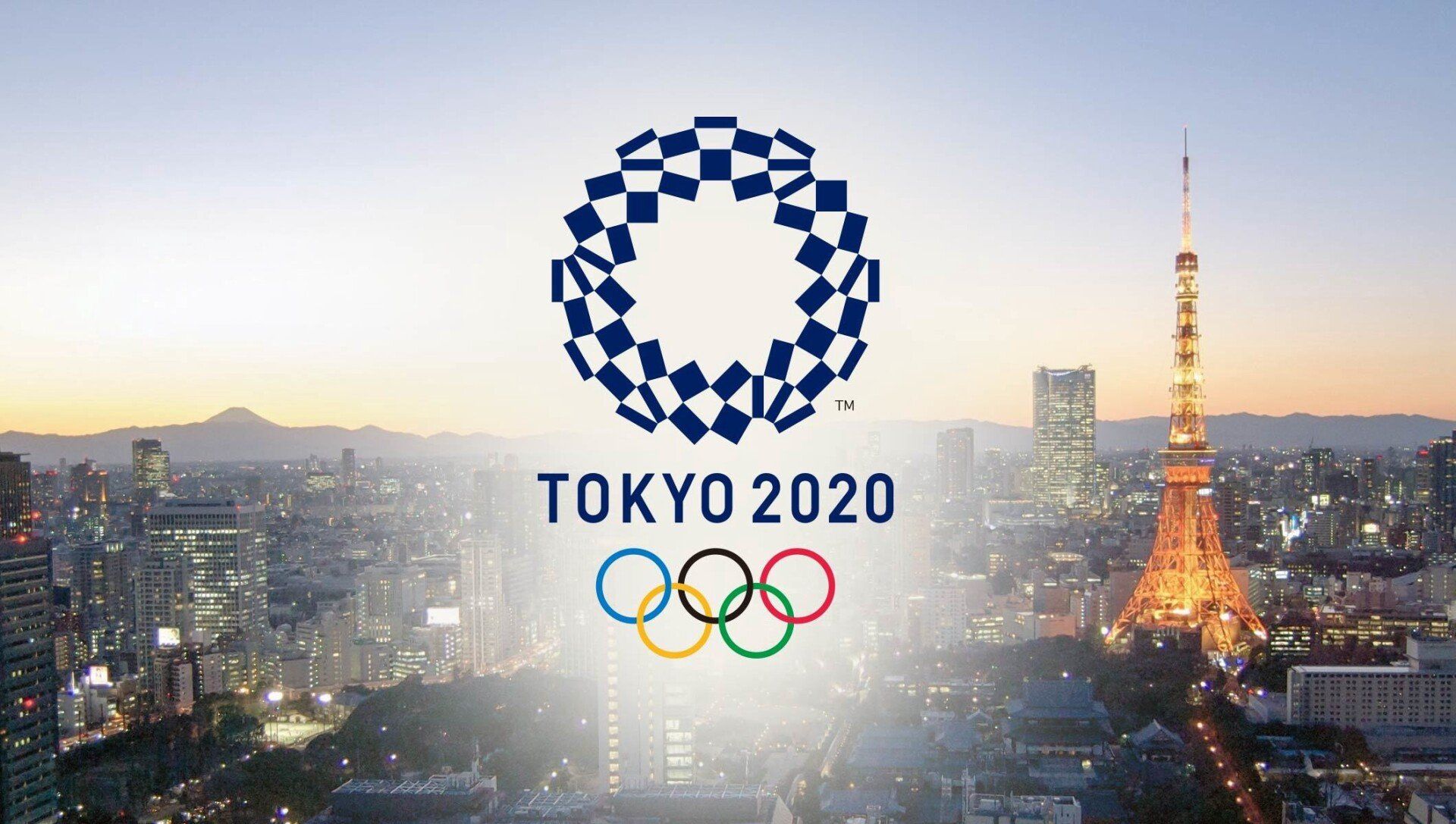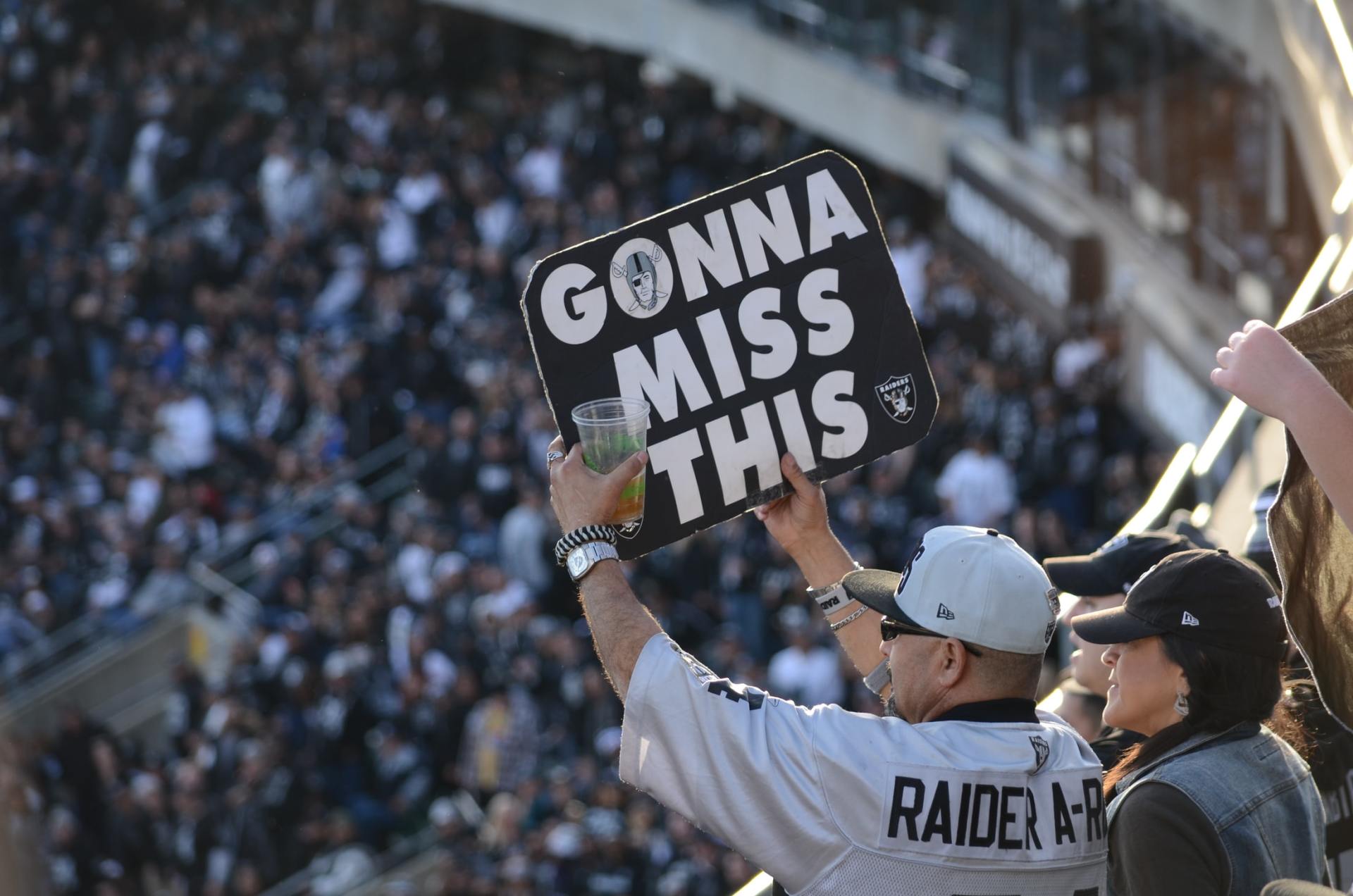Why Sports Fandom is Different From – And Better Than – Other Kinds of Entertainment Fandom
Do fans benefit more from sports than other forms of fandom? Yes!
Hundreds of studies around the world have proven that sports fans are happier than non-fans. Much of the mental health benefit of sports fandom in turn comes from a sense of belonging to a community of other fans. Because humans are tribal by nature, it is literally in our DNA to want to belong to a group. Sports fandom satisfies that in ways other a social organizations cannot.
But if being part of a fan community gives you a sense of belonging and makes you happy, wouldn’t you get the same benedict from other kinds of entrainment fandom, like since fiction or music or reading?
The answer is no.
Why? Because sports fans have several unique factors that differentiate them from fans of other forms of entertainment. The biggest is the ubiquity of team logos, or fan “uniforms.” When you are in the supermarket wearing, for example your Chicago Bulls hat, and you pass someone in a Bulls hoodie, you share eye contact and a brief acknowledgement. One NHL executive told me that in the industry this is known as “the head nod.” You and this total stranger are connected through your collective sports fandom. The same would happen if you were both wearing Harry Potter shirts, but frankly, that intersection happens far less, as sports teams logo wear is ubiquitous in our society.
Also, when you watch any live sporting event (at least outside of pandemic times) you are visually subjected to non-stop views of the audience. You might think you are watching football, but in reality you are watching football and people watching football. A crowd of twenty, thirty, forty or fifty thousand people, many wearing team logos, in your sight the entire game, has a strong subconscious effect. This is why sports fans interviewed by psychologists describe feeling transported to the stadium and being part of the crowd even when watching alone on their couch. You don’t see – or hear - the audience on the screen in any other kind of popular entertainment.
If you actually go to the stadium, this sense of belong to a group is amplified. But if you go see a Sci-Fi movie at the theater, even full of fellow fans, there is no sense of camaraderie because at the movie theater you cannot shout, chant, stand up for high-fives and discuss and dissect the action as it occurs or you would get kicked out. You are simply watching a movie alone in a crowd. The only way a movie fan can get the same effect is by attending a fan convention, and that is far less frequent a life occurrence than sporting events.
Finally, consider the humble bumper sticker. Sports fans love auto stickers, and my neighbor’s pick-up is adorned with both Red Sox and Patriots logos. You see sports stickers on cars all the time. But I have never, ever once seen a Harry Potter sticker. Or stickers for books. Or a sticker of any band other Phish or the Grateful Dead, whose fans have more in common with sports fans than they know.
Every major city in the country has full-time sports talk radio stations, but none that I know of have fantasy fiction talk radio stations. There are thousands of sports bars around the world, but I have never seen a movie bar.
The reality is that when you are part of a group of sports fans supporting a particular team, you are constantly sub-consciously reminded of your belonging by psychological inputs all around you, whether your are spectating at the moment or not, and these combine to give sports fans a much different and stronger sense of community than other fans. That in turn is why team fans have earned the nickname “__________ Nation,” like Packers Nation or Yankees Nation, while that term, referring to a country of its own, is not applied to Star Wars or Ariana Grande fans.



















